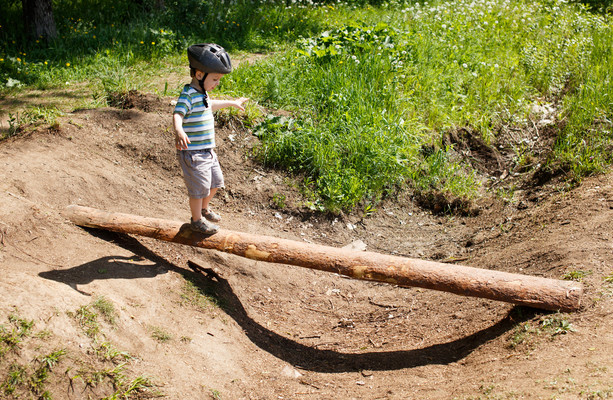Headline: Embracing the Truth: Are You a Helicopter Parent?
In the complex world of modern parenting, many find themselves navigating the fine line between guidance and overprotection. The term “helicopter parent,” which refers to parents who are overly involved in their children’s lives, has become a prevalent topic of discussion. This article delves into the characteristics of helicopter parenting, its implications for family dynamics, and expert insights that may resonate with those uncertain if they’ve adopted this parenting style.
Understanding Helicopter Parenting
Helicopter parenting is characterized by an excessive focus on a child’s experiences and problems. This close supervision can manifest in various ways, such as constant involvement in school projects, direct intervention in conflicts, and an overwhelming presence at extracurricular activities.
Why Do Parents Hover?
Several factors contribute to the rise of helicopter parenting, including:
- Fear of Failure: Many parents worry about their children’s future and believe that constant oversight can prevent mistakes.
- Societal Pressures: With the competitive landscape of education and career paths, parents may feel the need to ensure their children excel.
- Changing Family Dynamics: Factors such as increased technology use make parents more aware (and concerned) about the world’s dangers.
Dr. Elaine Horowitz, a child psychologist based in Dublin, explains, "Parents today have access to more information than ever before, which can lead to an inflated sense of their role in guiding their children. Fear of the unknown drives this behavior."
The Impact of Helicopter Parenting
While the intentions are often rooted in love and protection, helicopter parenting can lead to unintended consequences. Reports indicate that over-involvement may hinder a child’s development of independence, self-reliance, and problem-solving skills.
Expert Recommendations
To strike a healthy balance, experts suggest the following strategies:
- Encourage Independence: Allow children to manage their own affairs, even if it’s uncomfortable to watch.
- Focus on Communication: Instead of doing for them, engage them in discussions about their choices and outcomes.
- Reflect on Intentions: Parents should assess whether their actions stem from concern for their child’s well-being or from their own fears or insecurities.
Dr. Horowitz further advises, "It’s essential for parents to recognize that their children will encounter challenges and setbacks. These experiences are crucial for building resilience."
Real-Life Stories: Navigating the Parenting Spectrum
Take the case of Nora, a busy mother who prided herself on her involvement in her son Leo’s education. She would spend hours assembling projects while Leo observed. It wasn’t until a teacher pointed out that Leo had not learned the critical skills needed to complete tasks on his own that she considered the implications of her actions.
"I thought I was helping, but I was actually making it harder for him," Nora reflects. "I had to step back and let him try. It wasn’t easy, but the growth was worth it."
Finding the Balance: Healthy Parenting Techniques
Helicopter parenting does not have to be a permanent fixture. Parents can adopt more balanced approaches:
- Mindful Involvement: Participate without overstepping boundaries. Ask how you can assist rather than taking the reins.
- Assessment and Adaptation: Regularly evaluate your involvement to ensure it aligns with your child’s needs and independence levels.
- Learning Together: Take the opportunity to learn alongside your child rather than for them.
Parents interested in further reading can explore resources from Child Mind Institute for a deeper understanding of how to balance involvement and independence.
Community Perspectives on Parenting Trends
As society evolves, so do parenting styles. Community groups across platforms like TheJournal.ie are witnessing a rise in discussions about finding refuge from the helicopter habits. Local parenting workshops have begun emphasizing the essential nature of emotional intelligence and independence.
Community leader Maria O’Sullivan states, “It’s about supporting parents in transitioning from over-managing to empowering their children. We need to create a culture where parents feel confident stepping back.”
Final Thoughts: Engaging in Healthy Dialogue
Navigating the parenting landscape is fraught with challenges, but awareness is the first step to fostering independence in children. Examining our own instincts and motivations can lead to transformative changes for families.
Have you experienced helicopter parenting in your life, or do you identify traits in your parenting style? Share your thoughts and join the conversation in the comments section!
By tapping into expert advice and community narratives, this article aims to shed light on an important aspect of modern parenting and encourages readers to reflect on their own practices. For more insights on parenting trends, visit our parenting section for in-depth articles and resources.


